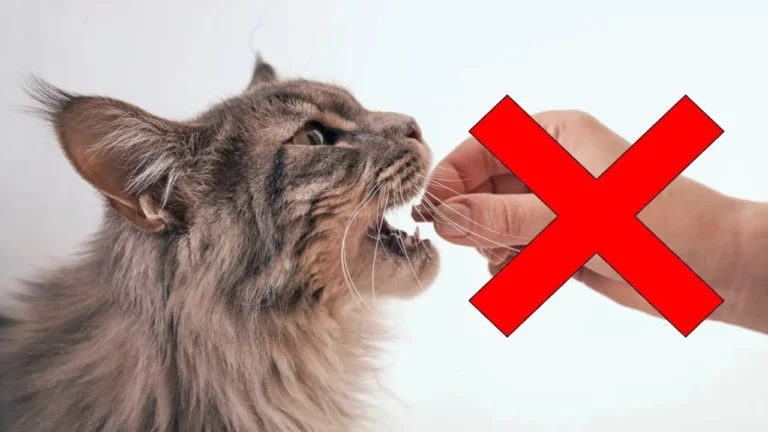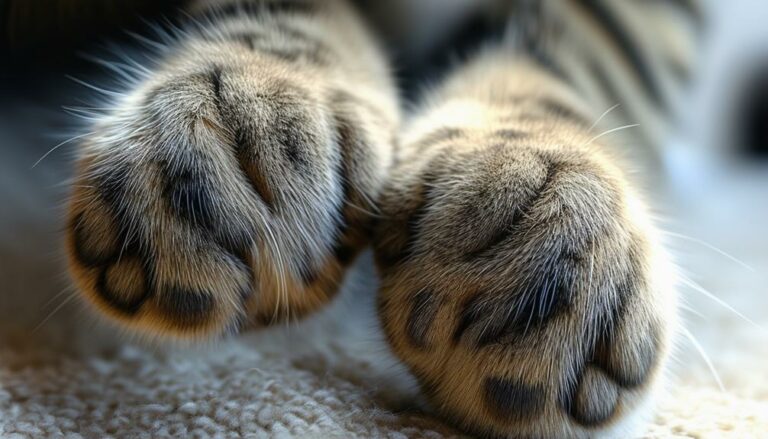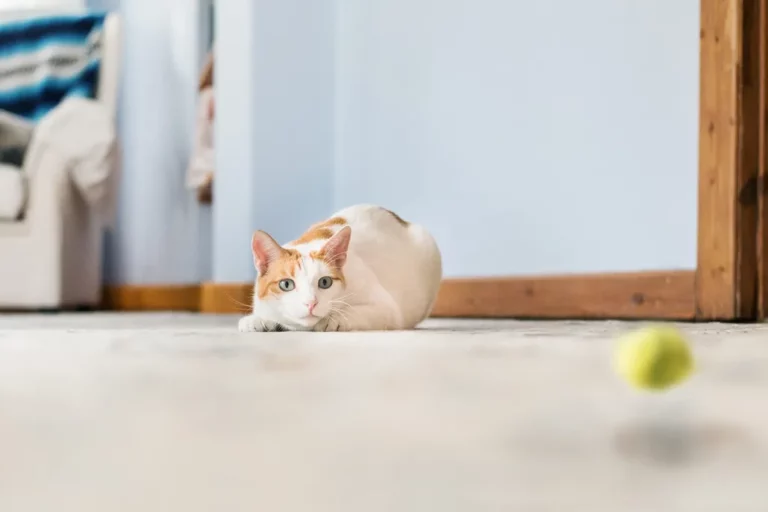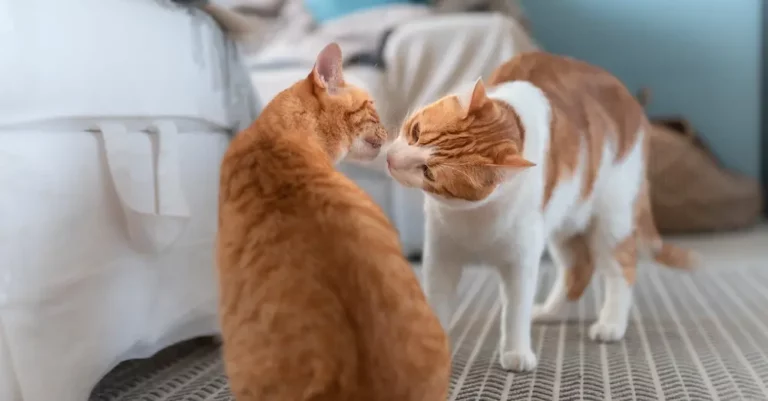Your Cat’s Personality Might Be a Direct Reflection of Yours!
Have you ever noticed how your kitty’s behavior might mirror your own? Studies suggest that your
This intriguing bond raises questions about how much influence you truly have on your
Understanding this connection could be the key to a more harmonious relationship with your pet.
So, how exactly does your mood and behavior impact your
The Science Behind the Bond
Scientists have discovered that the bond between cats and their owners is influenced by a combination of genetics, early socialization, and individual experiences.
When you bring a kitten into your home, their genetic makeup already plays a role in how they’ll interact with you.
Some breeds are naturally more affectionate, while others may be independent.
However, it’s not just about genetics. Early socialization is essential too. If your
Your own behavior and the experiences you share with your
Cats are observant and can pick up on your emotions and routines.
If you’re calm and affectionate, your
Consistent positive interactions, such as playing and petting, strengthen the bond and build trust.
So, by understanding the science behind this bond, you can create a nurturing environment that brings out the best in your
Similarities in Behavior
Just like humans, cats exhibit a range of behaviors that can mirror the personalities of their owners.
If you’re outgoing and social, your
On the other hand, if you’re more reserved and prefer quiet evenings at home, your furry companion might also enjoy solitude, favoring cozy spots around the house.
Cats often adopt their owners’ routines and habits. If you’re active and enjoy a regular exercise schedule, your
Conversely, a more sedentary lifestyle on your part could lead your
Your communication style can also influence your
However, if you’re often stressed or use a louder voice, your
Impact of Your Mood
Your mood greatly influences your
You may notice them purring contentedly, seeking your affection, or playing more energetically.
On the other hand, if you’re stressed or anxious, your
They might become more withdrawn, exhibit signs of stress, or even display behaviors like excessive grooming or aggression.
Cats are highly perceptive creatures, sensitive to the emotional cues you give off.
Your tone of voice, body language, and overall energy can have a significant impact on how your
When you speak softly and move gently, your
Conversely, if you’re agitated or tense, your
Maintaining a stable, positive environment can help ensure your
Regularly engaging in activities that boost your mood, such as exercising, meditating, or spending quality time with your pet, can create a more harmonious atmosphere.
Remember, your emotional state doesn’t just affect you—it impacts your furry companion as well.
Strengthening the Connection
Building a strong bond with your
Start by setting aside dedicated time each day to engage with your beloved
Whether it’s through play, grooming, or just sitting together, these moments help build trust and affection.
Use toys that mimic prey to tap into their natural hunting instincts, making playtime both fun and mentally stimulating. Pay attention to your
Understanding their cues can guide you in responding appropriately, ensuring they feel safe and respected.
A relaxed, purring
Maintain a routine to provide a sense of security. Cats thrive on consistency, so feeding, playing, and sleeping at the same times each day can help them feel more at ease.
Additionally, try talking to your
Conclusion
By recognizing that your
Strengthen your bond by understanding these similarities and creating a supportive environment for both of you.
This mutual connection can lead to a happier, more fulfilling friendship, enriching both your life and your






